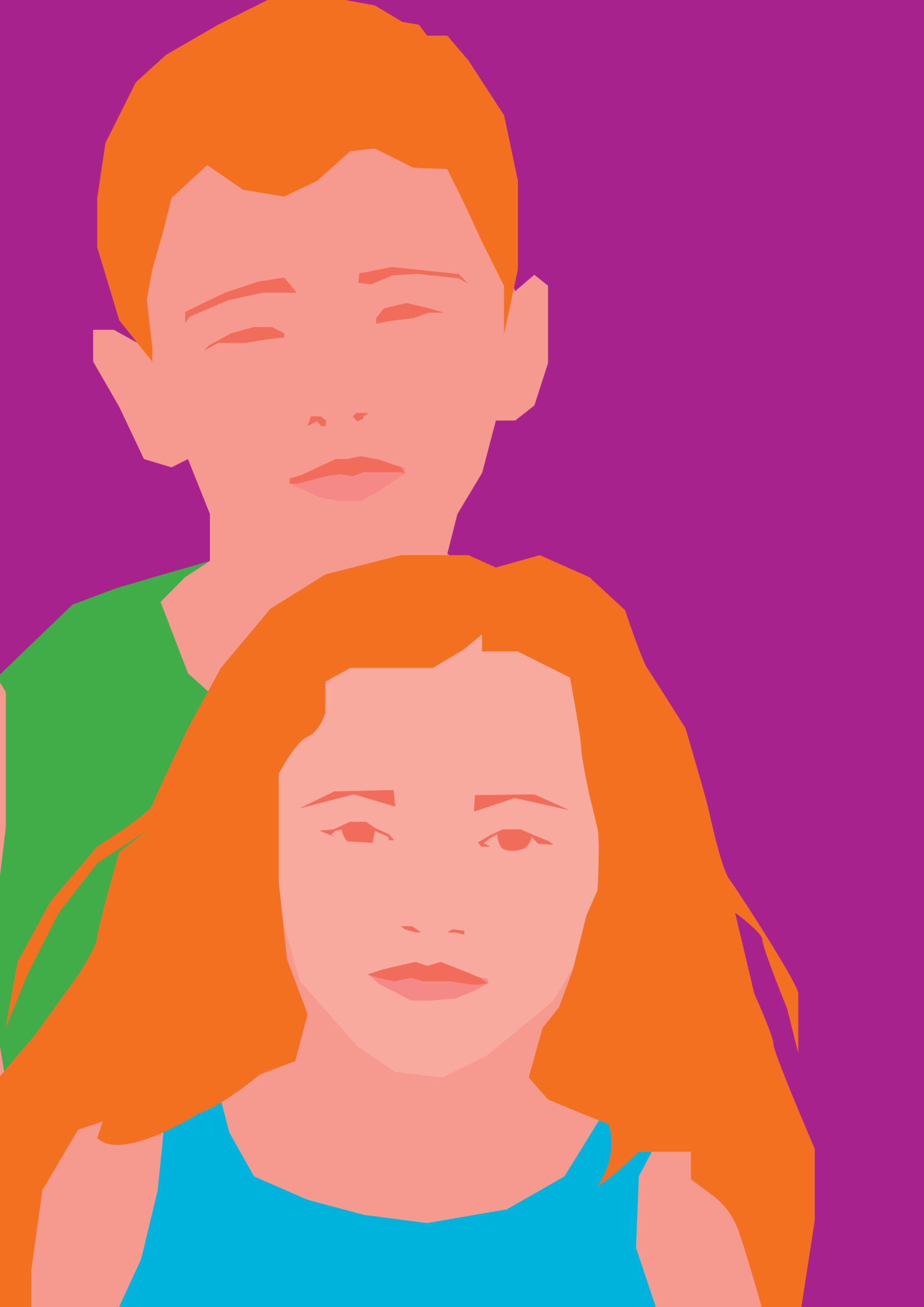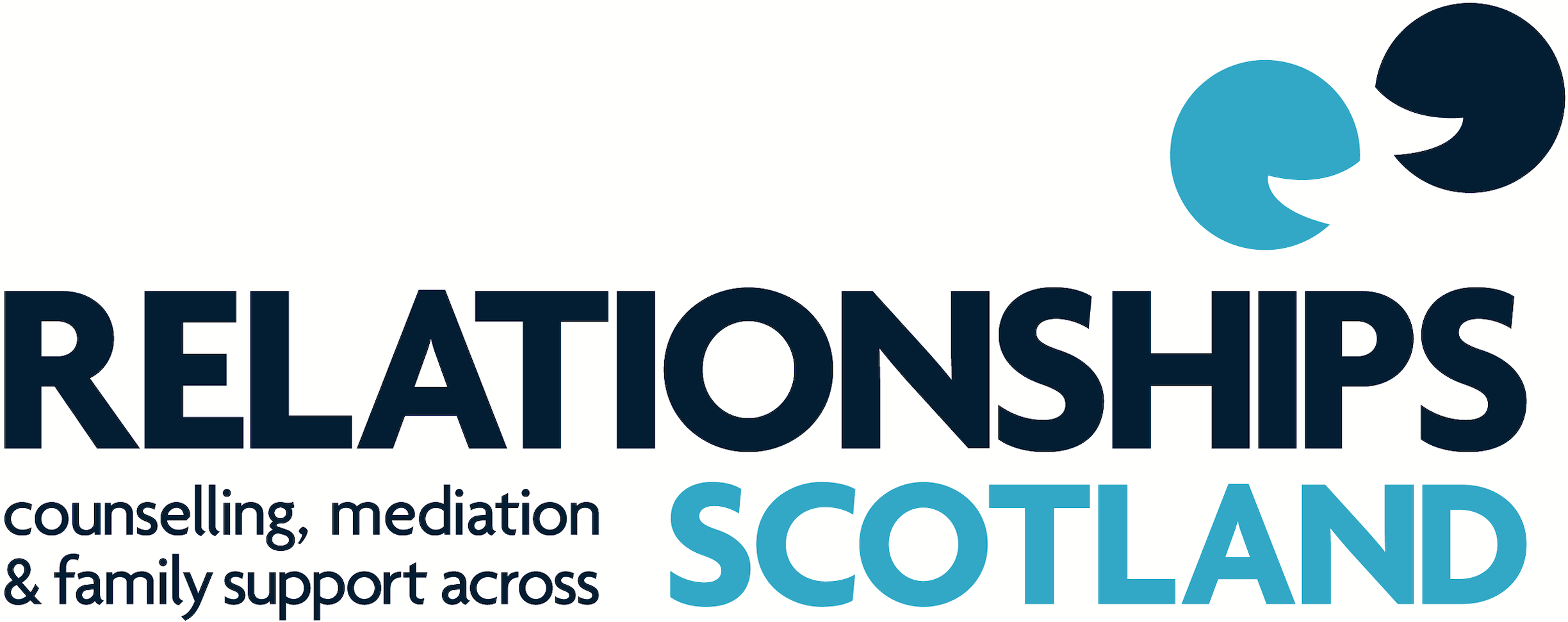The Have Your Say leaflet is available to download as a PDF document
Have Your Say
Hearing from Children and Young People in Family Mediation
Sometimes when parents split up or live apart, they decide to meet with a family mediator to help them to talk together about arrangements now that the family situation has changed. Family mediators help parents to consider what their children need and take their views into account when making decisions.
Your views are important – your parents can find it helpful to hear what you have to say.
How can I be heard?
If your parents are meeting a family mediator, you can also meet with a mediator to talk about your thoughts and feelings and how things are for you just now.
The mediator will help you to have your say through talking, drawing, writing or other ways.
We usually meet with children and young people who are 8 years old or over.
You will have a chance to say what you think and feel but you won’t be asked to make decisions-that’s your parents’ job!

How can this help?
Sometimes it can be difficult for children to say to their parents what they are thinking and feeling. They might not want to take sides or they might worry that they will upset their parents. This might be how you feel.
- It can be helpful to meet with someone other than your parents to share what is happening for you.
- Maybe you would like your parents to hear what you have to say and a mediator can help with that.
- You might want your parents to consider your views when they are making plans - any arrangements made affect you too!
The mediator knows how to listen and talk with parents who don't live together and their children.
How Does it Work
Your parents and the mediator would discuss how best to involve you in mediation. If your parents agree to go ahead and to listen to what you have to say, you will be asked if you would like to take part.
- The mediator would contact you and it would be up to you to decide if you want to be involved – you don’t have to take part if you don’t want to.
- If you decide that you would like to see a mediator, it will be your chance to talk about what you think and feel. This discussion is confidential unless there are worries about your safety or someone else’s.
- You might meet with a mediator one or two times for about an hour. If you have brothers and sisters, you could meet together and separately.
- You may want your parents to know what you think about some things that you discuss with the mediator but not everything. You and the mediator can agree together what to share with your parents and how best to do this.
- A meeting will then be arranged where your parents can hear the things that you want to be shared. The mediator will help your parents to keep your views in mind when they are making arrangements.
- You might decide that you would like to hear back from the mediator after they have met with your parents or you might decide that you don’t want to do that – this will be up to you!
We call this consultation with children and young people in mediation.
Having your say in family mediation supports you to have your voice heard when your parents are making decisions about your future.
Children’s Views and the Law
The law in Scotland supports children and young people’s rights to express their views, feelings and wishes, and to have their views considered and taken seriously in all matters affecting them, including their day-to-day home life.
The Children (Scotland) Act 2020 and the United Nations Convention on the Rights of the Child (UNCRC) say that children should be given an opportunity to express their views on any decisions that affect them. Children also have the right not to express a view.
The Have Your Say leaflet is available to download as a PDF document








